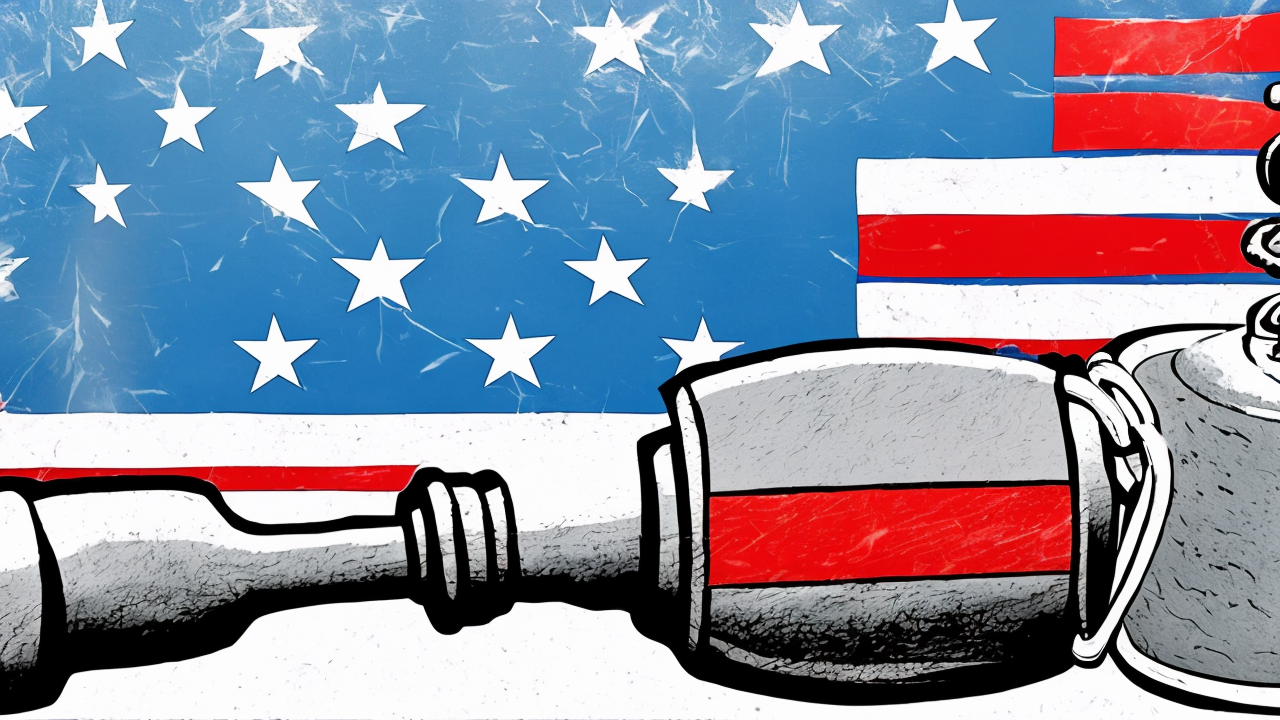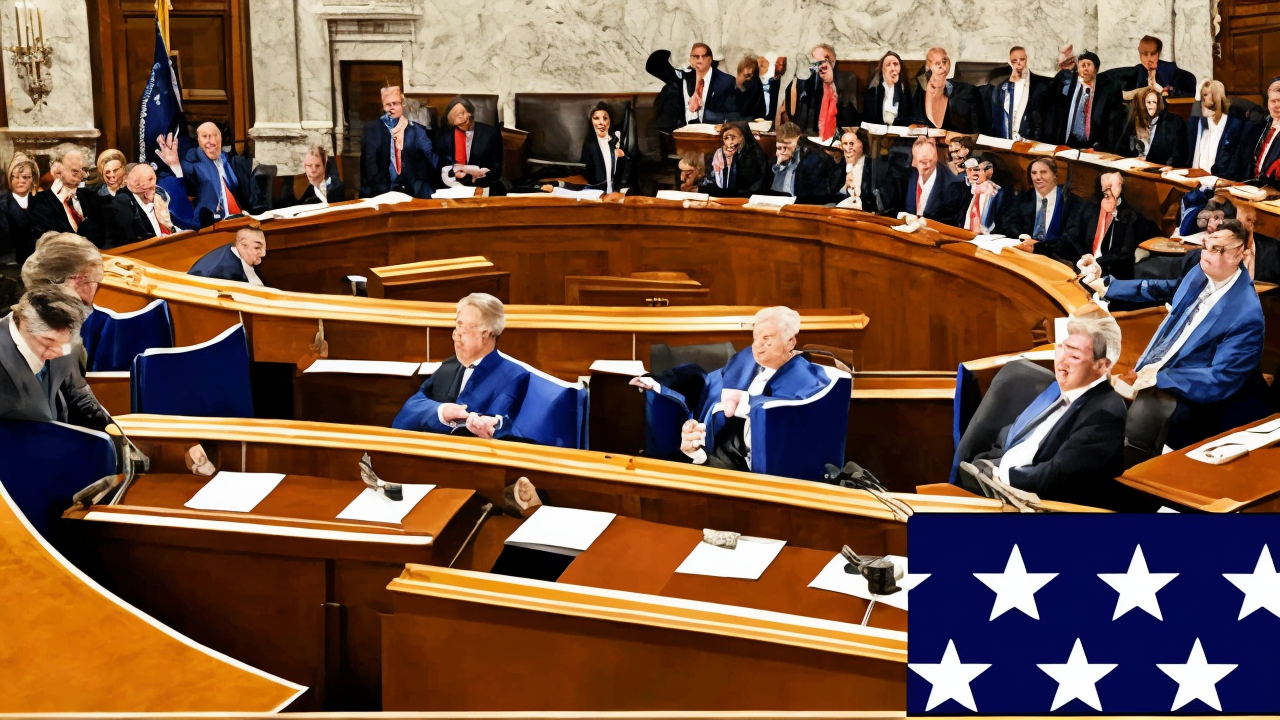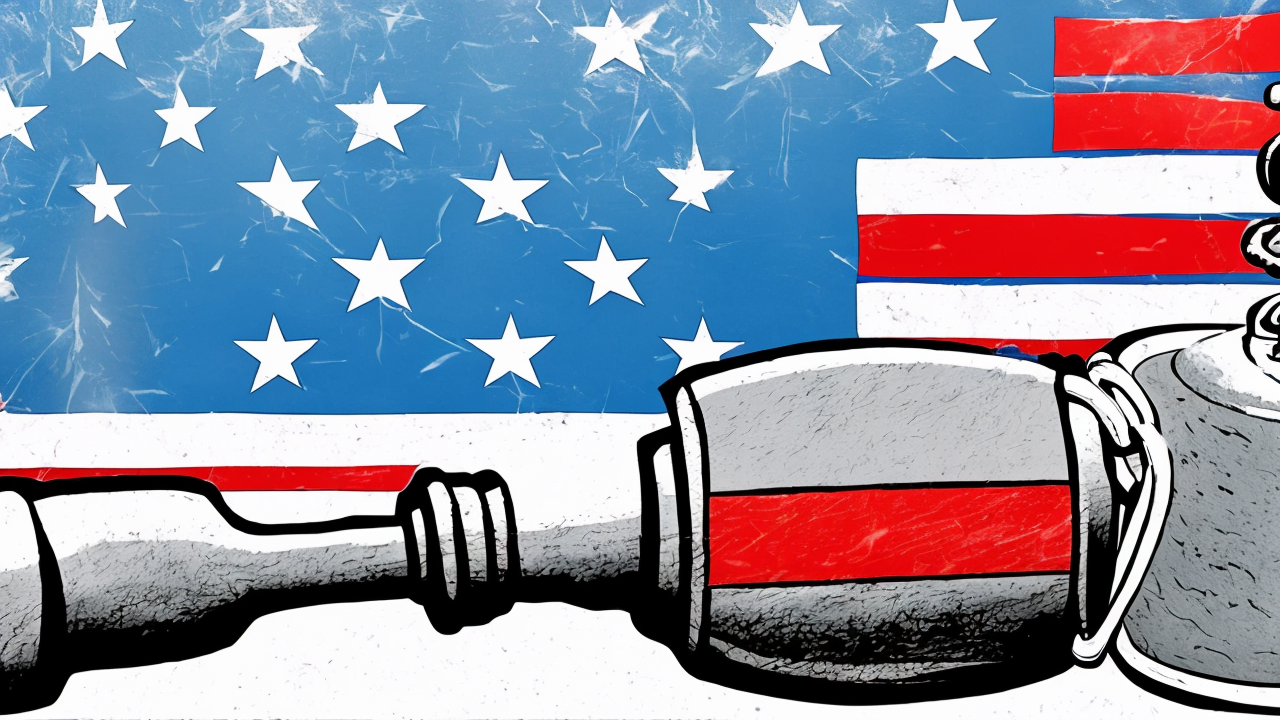Biden-era FBI 'Arctic Frost' Probe Exposed as Partisan Witch Hunt Against Republicans

Recent disclosures have brought to light a troubling chapter in recent American history—the FBI’s “Arctic Frost” investigation, a sweeping probe launched during the Biden administration that targeted over 160 Republicans, former officials, and conservative organizations. The investigation, overseen by former FBI Director Chris Wray, involved subpoenas issued to 197 individuals and entities, including prominent figures like Steve Bannon, Rudy Giuliani, and Mark Meadows. Conservative groups such as Turning Point USA and the Republican National Committee were also placed under scrutiny. Despite the vast scale of the operation, nearly all those investigated faced no criminal charges, raising serious questions about its true purpose.
What makes this development particularly concerning is not just the number of targets, but the methods used. Senator Ted Cruz revealed that the FBI had secretly obtained the phone records of at least eight Republican senators, including himself, without their knowledge or consent. A federal judge approved a gag order that prevented AT&T from informing the senators for at least a year, citing national security concerns that were never substantiated. This level of secrecy, especially when applied to members of Congress, strikes at the heart of representative democracy. It undermines the accountability that is essential to a functioning republic.
The fact that no charges were filed against most individuals does not diminish the impact of the investigation. The mere threat of investigation, combined with intrusive data collection and public exposure, serves as a powerful deterrent to political dissent. When government agencies can target individuals based on their political affiliations, the balance of power shifts dangerously. It is not the role of law enforcement to silence opposition, even when that opposition is unpopular. The Constitution protects the right to dissent, and when federal agencies act as political enforcers, they betray their oath to uphold the law, not advance a partisan agenda.
House Judiciary Committee Chairman Jim Jordan has called for testimony from former Special Counsel Jack Smith, seeking to uncover the full scope of the probe’s origins and objectives. Republicans argue that Arctic Frost was not driven by evidence or legal necessity, but by a desire to marginalize political rivals. The pattern of targeting only one side of the political spectrum, while ignoring similar behavior from the other, points to a systemic imbalance. If the justice system is to be trusted, it must be impartial—not selective.
This situation is not simply about one investigation. It is a symptom of a broader trend in American governance: the blurring of lines between law enforcement and political strategy. When agencies like the FBI are perceived as tools of the ruling party, public trust erodes. When members of Congress are subjected to secret surveillance, the principle of checks and balances weakens. When dissent is met with investigation rather than dialogue, the spirit of democracy is compromised.
The response from Republican leaders—demanding transparency, calling for accountability, and urging reforms—is not rooted in partisan fury, but in a commitment to preserving the rule of law. The American people have a right to expect that their government will serve all citizens equally, regardless of political belief. No individual, no office, no agency should be above the law. But neither should any agency be allowed to wield its power to silence those who disagree.
The Arctic Frost scandal should serve as a wake-up call. It reminds us that democracy is not self-sustaining. It requires vigilance, integrity, and a shared commitment to justice. If we allow the machinery of government to be used for political ends, we risk losing the very freedoms we were meant to protect. The path forward must be one of accountability, transparency, and a renewed dedication to the principles that founded this nation. Only then can we ensure that justice remains blind—not biased, not selective, but truly impartial for all.
Published: 10/29/2025








